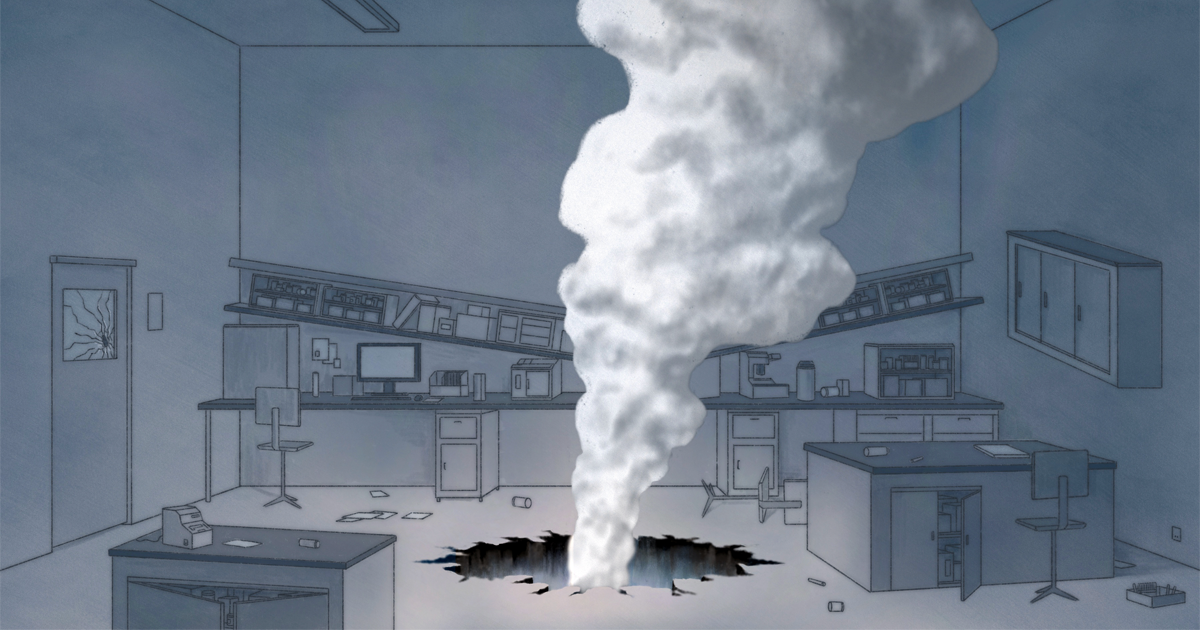In an agenda-driven establishment, though, these type journalists may be becoming the norm rather than the exception.
- - - - - - - - - - - - - -
The Atlantic unfairly disses Dawkins (Jerry Coyne)
https://whyevolutionistrue.com/2024/09/27/the-atlantic-unfairly-disses-dawkins/
INTRO: The Atlantic decided they needed a piece on Richard Dawkins’s “farewell tour”, but they either chose the wrong journalist or asked the author to write a semi hit-piece that made Dawkins look bad. Not completely bad, mind you, for the author does mention a few good things Dawkins has done. But, overall, the piece depicts an aging man who simply needs to fight battles, and now there are no battles to fight. Once it was creationism, says senior editor Ross Andersen, but now it’s the lesser battle of “fighting wokeness”.
Since Andersen himself shows signs of “progressive” thought in his piece (he defends, for example, the teaching Māori legends as science in New Zealand), he may have an animus against Richard. I don’t know, but I know two things. First, Andersen shows no signs of having read Dawkins’s books or followed his career. Second, Anderson ends his piece, which describes his opinion of Richard’s recent lecture in Washington D.C., by saying “I was bored.” His pronouncement is distinctly un-journalistic given that Andersen describes a very enthusiastic audience lining up to get books signed, and bespeaks a reviewer more concerned with his own personal reaction than with the effect of Dawkins, his writing, and his Washington discussion on the audience (and on society in general)... (MORE - details)
- - - - - - - - - - - - - -
Richard Dawkins keeps shrinking (the article mentioned above, via non-wall MSN)
https://www.msn.com/en-us/news/world/the-new-atheists-are-getting-old/ar-AA1rfjeW
EXCERPTS: For nearly an hour, Dawkins stuck largely to science, and it served him well. The latter half of the evening was heavier on culture-war material. To whoops and hollers, Dawkins expressed astonishment that anyone could believe that sex is a continuum, instead of a straightforward binary. He described safety-craving college students as “pathetic wimps.” It all seemed small, compared with the majesty of the ideas he’d been discussing just minutes before.
Near the night’s end, Dawkins told the old story of Trofim Lysenko, Stalin’s chief agronomist. Lysenko did not believe in Mendelian genetics. [...] The tale of Lysenko is almost fable-like in its moral purity, and Dawkins told it well, but only as a setup for a contemporary controversy that he wished to discuss—an ongoing dispute over school curricula in New Zealand. According to one proposal, students there would learn traditional creation stories and myths alongside standard science lessons, out of deference to the Māori, whose language and culture British settlers had tried earnestly to erase... (MORE - details)
_
- - - - - - - - - - - - - -
The Atlantic unfairly disses Dawkins (Jerry Coyne)
https://whyevolutionistrue.com/2024/09/27/the-atlantic-unfairly-disses-dawkins/
INTRO: The Atlantic decided they needed a piece on Richard Dawkins’s “farewell tour”, but they either chose the wrong journalist or asked the author to write a semi hit-piece that made Dawkins look bad. Not completely bad, mind you, for the author does mention a few good things Dawkins has done. But, overall, the piece depicts an aging man who simply needs to fight battles, and now there are no battles to fight. Once it was creationism, says senior editor Ross Andersen, but now it’s the lesser battle of “fighting wokeness”.
Since Andersen himself shows signs of “progressive” thought in his piece (he defends, for example, the teaching Māori legends as science in New Zealand), he may have an animus against Richard. I don’t know, but I know two things. First, Andersen shows no signs of having read Dawkins’s books or followed his career. Second, Anderson ends his piece, which describes his opinion of Richard’s recent lecture in Washington D.C., by saying “I was bored.” His pronouncement is distinctly un-journalistic given that Andersen describes a very enthusiastic audience lining up to get books signed, and bespeaks a reviewer more concerned with his own personal reaction than with the effect of Dawkins, his writing, and his Washington discussion on the audience (and on society in general)... (MORE - details)
- - - - - - - - - - - - - -
Richard Dawkins keeps shrinking (the article mentioned above, via non-wall MSN)
https://www.msn.com/en-us/news/world/the-new-atheists-are-getting-old/ar-AA1rfjeW
EXCERPTS: For nearly an hour, Dawkins stuck largely to science, and it served him well. The latter half of the evening was heavier on culture-war material. To whoops and hollers, Dawkins expressed astonishment that anyone could believe that sex is a continuum, instead of a straightforward binary. He described safety-craving college students as “pathetic wimps.” It all seemed small, compared with the majesty of the ideas he’d been discussing just minutes before.
Near the night’s end, Dawkins told the old story of Trofim Lysenko, Stalin’s chief agronomist. Lysenko did not believe in Mendelian genetics. [...] The tale of Lysenko is almost fable-like in its moral purity, and Dawkins told it well, but only as a setup for a contemporary controversy that he wished to discuss—an ongoing dispute over school curricula in New Zealand. According to one proposal, students there would learn traditional creation stories and myths alongside standard science lessons, out of deference to the Māori, whose language and culture British settlers had tried earnestly to erase... (MORE - details)
_
Last edited:


